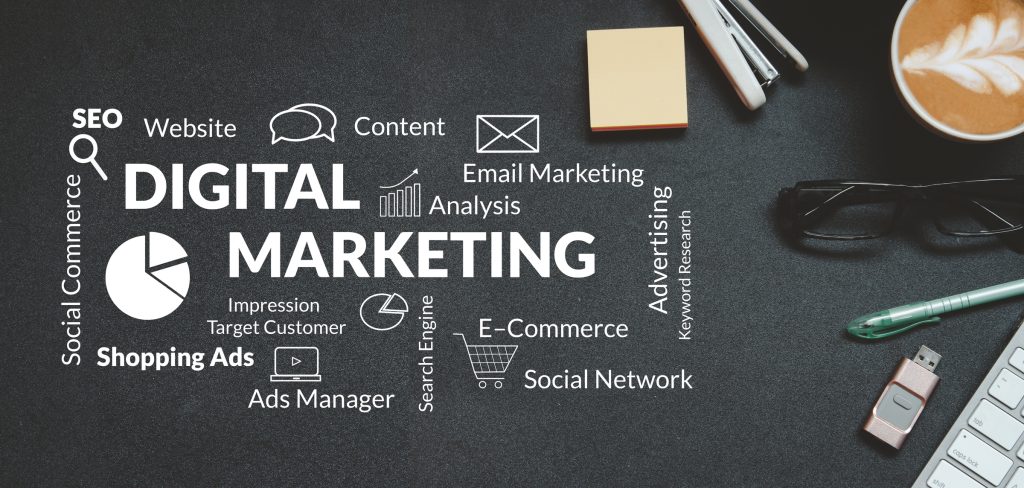But what about businesses and brands that can’t afford to advertise on Facebook, Twitter, LinkedIn and the like? Not everyone is willing, never mind able, to carve out the budget necessary to keep their content in front of a critical mass of relevant followers on a regular basis.
Those organizations can be particularly creative or incredibly persistent, but the most effective strategy they can embrace may be to get all hands on deck in the form of an employee advocacy program.
Of course, to go in this direction, every team member needs to be on board with their new tack, despite an abundance of reasons to be uncooperative, unknowingly or not.
Employers need their employees working together toward the same goal if this social media strategy is to be effective. And in many cases, that’s just not going to happen anytime soon without proper training, guidance, incentive and rewards.
Here are 10 BIG mistakes many businesses, brands, teams and their leaders are making with social media…
Not providing enough education
Social media isn’t rocket science, but it requires a huge leap of faith for the uninformed and uninitiated. Not only can it be daunting, it can be downright difficult for a newbie to craft even a simple tweet, never mind write a blog post or record a video.
A comprehensive, mandatory educational program is key to bringing employees up to speed.
Not providing enough incentive
It wouldn’t be an exaggeration to say that job descriptions seem to include everything but the kitchen sink nowadays. So why not add learning social media to employees’ list of responsibilities?
Seriously. Everyone’s a marketer. Everyone’s in sales. And everyone’s on social media. Which should mean repping your employer every once in a while.
Not connecting with others
There’s power in numbers, especially when it comes to propagating content. No reach, no engagement. Don’t be afraid to suggest that team members broaden their networks, even if their roles have nothing to do with sales and marketing.
Employees shouldn’t be kept under wraps. After all, there’s a lot to be said for the multiplier effect.
Not sharing organizational content
All for one, one for all. That should be an internal team’s creed. Someone writes a white paper, everyone shares it. That’s a no-brainer if you ask me. Every employee – certainly those in marketing, advertising, PR and social media – should be sharing content created under the corporate roof.
Their personal brands should include the professional brands for whom they work.
Not producing original content
There’s a rule in group communications called 90-9-1. This rule suggests that 90% of the members simply lurk while 9% add something to the conversation and a mere 1% contribute the most. But it doesn’t have to be that way.
You can’t be effective on social media if you’re being anti-social. Key employees and related stakeholders should be more than encouraged to create their own content, they should be rewarded for doing so on a regular basis.
Not keeping up with changes
Call them luddites, laggards, naysayers or just plain stubborn. Whatever you call them, call them late to the party, almost too late to gain entrance.
Anyone serious about their career in this day and age who hasn’t at least started to use social media risks falling dangerously behind their colleagues, connections and competition on the job. And looked upon as being not that serious after all.
Not looking at the big picture
I can’t tell you how many times I’ve heard people dismiss social media as a passing fad or an inconsequential trend despite overwhelming evidence to the contrary. By 2018, 33% of the world’s population, or 2.44 billion people, is expected to be using social media.
Social media is the biggest revolution in mass communications since the printing press. Anyone who can’t see that by now can’t see the forest for the trees.
Not brave enough to experiment
A tendency to take risks isn’t one of the hallmarks of a corporate executive, so any fear and trepidation among this set isn’t surprising to me. But this is not the time for analysis paralysis.
Social media represents a transformative change in the way people, not just business people, communicate. Like it or not, it’s not going anywhere soon, so resistance is futile.
Not aware of their capabilities
Most employees don’t realize how easy it is share content on social media, contribute to the conversation at large and actually help move the algorithmic needle in favor of their respective organizations.
Whether they’re intimidated, confused or just plain misinformed, they think social media is difficult, complex and ineffective, while it’s actually quite the contrary. They can do it if they try.
Not leading by example
People will rarely take it upon themselves to share work-related content on their personal accounts. They’re afraid it’s irrelevant and off-putting to their audience. But if leaders are doing it themselves as an example to their teams, that’s another story altogether.
Employees will quickly see the benefits of supporting their employer’s brand if they see senior managers practicing what they preach and walking the talk on social media themselves.
Bob Cargill is Director of Social Media at Overdrive Interactive and a contributor to ClickZ and Search Engine Watch.
___
by Bob Cargill
source: Search Engine Watch








